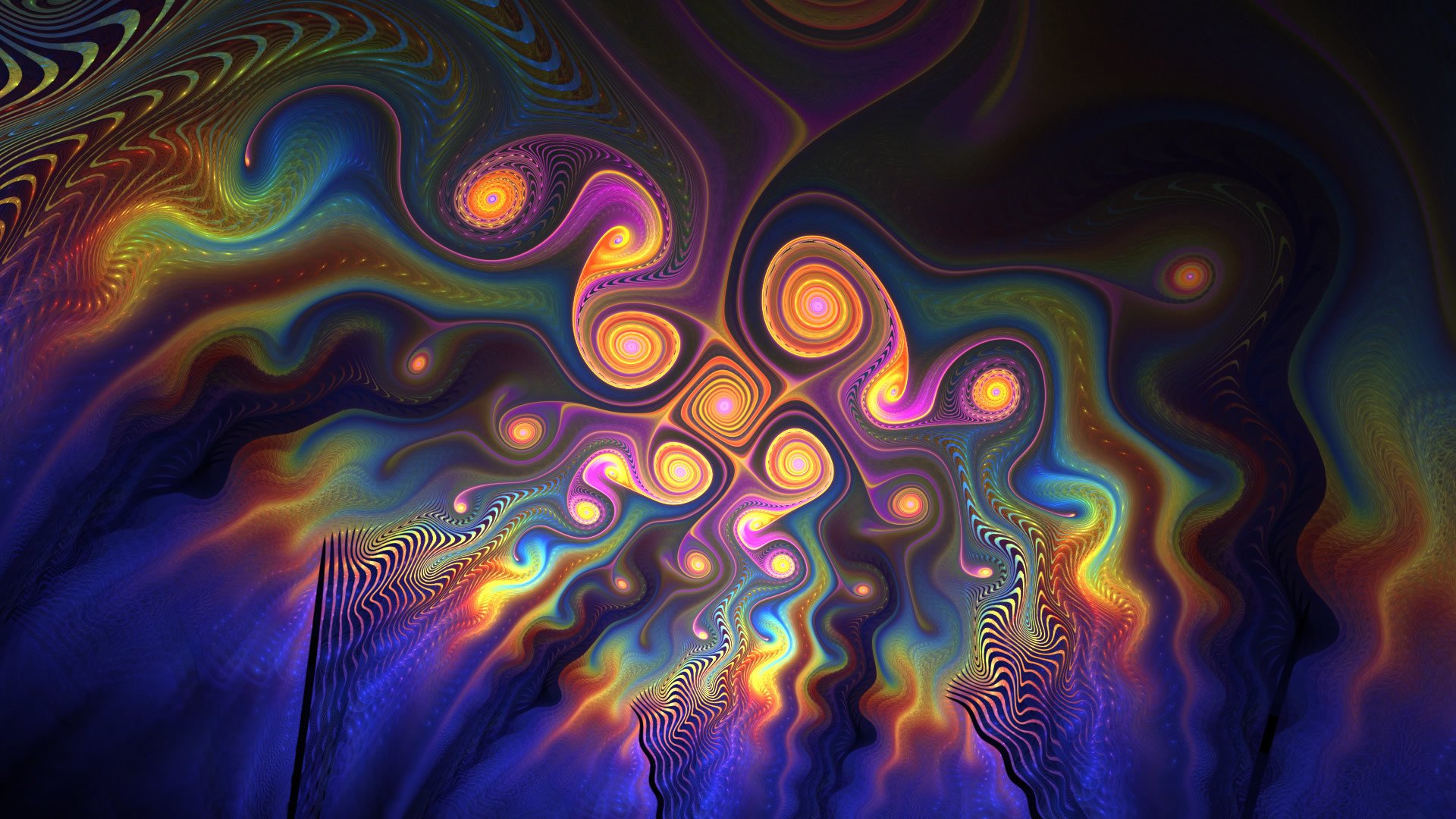1.- The great learning about divine compassion
1.2- All about Tara, the second Mahavidya
Tara guides the aspirant on the path of spiritual evolution and fulfillment, to offer him the liberating grace of divine transcendence.
In the tantric pantheon, Tara is the second Mahavidya and, at the same time, is a major deity of Tantric Buddhism.
In the Buddhist tradition in China, the great goddess is known as Kwan Yin. The most frequent and complex reference to this Great Cosmic Force is found within the Tibetan Buddhist tradition. She is also known as Tarini. In this tradition, the many forms of the goddess are presented as different aspects or functions of Tara.
If you want to invoke this Goddess, we recommend using an incense relevant to your veneration of her in our online store.

This represents the particular elements of this higher expression of divine consciousness in the manifested world. It is very difficult to make a precise homology between the deities associated with the characteristics of Tara.
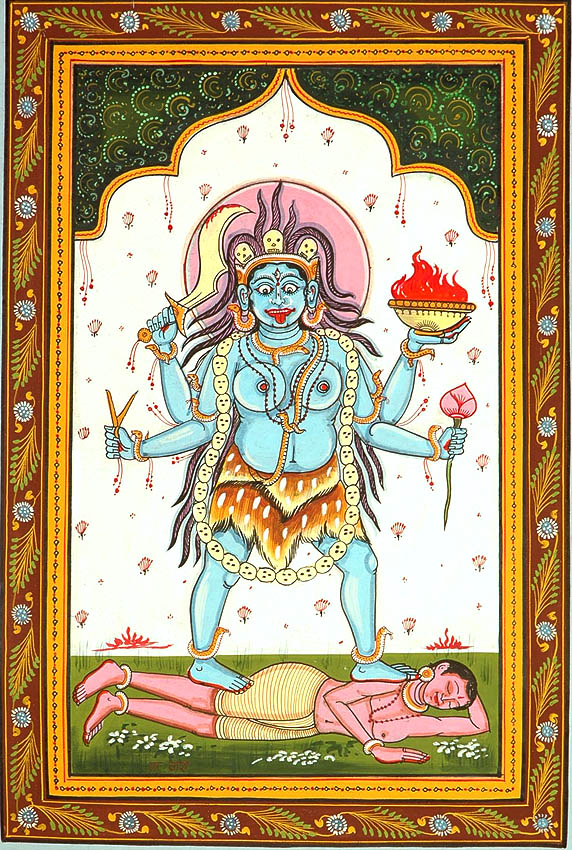
The invocation and worship of Tara is intimately related to the complex pantheon of the five “families” of divine and creative energies and, consequently, of the five Dhyani Buddhas.
1.2- Sadhanamala Tantra
Sadhanamala Tantra presents a long line of such goddesses. Furthermore, this Mahavidya emanated from the gigantic sphere of consciousness of the great Buddha Dhyani Amogasiddhi, the most revered deity in Tibetan Buddhism.
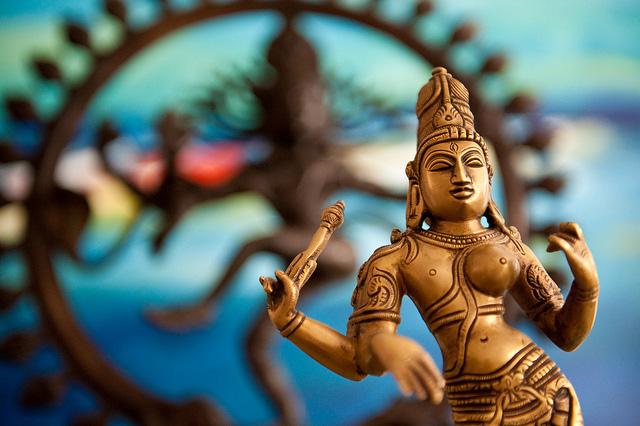
On the other hand, some texts belonging to Tibetan spirituality, such as the Saktisangama Tantra, describe the qualities of various Great Cosmic Forces. As an example, Kali, Tara, Tripura Sundari and Chinnamasta, are the manifestation of the same goddess.
Furthermore, within the same tradition of Tibetan Tantric Buddhism, we find the identification of the functions, characteristics and cosmic particularities of Kali and Tara.
The forms of representation of Tara are approximately the same in the different Hindu or Tibetan texts.
1.3- Difference between the Mahavidyas Kali and Tara
The differences between the two come down to the objects they hold in their hands.
However, there are also some significant differences. For example, in the Tantric tradition of the Ten Great Wisdoms (Dasha Maha Vidya), Tara is endowed with universal functions synthesized in only two or perhaps three of her aspects. Unlike the Tibetan tradition, she is not considered here to be an emanation of the Buddha Dhyani Akshobhya, but is instead associated with him.
In Buddhist texts, the first and most important of the group of deities emanated from Akshobhya is Mahachinna Tara. This is also known as Ugra Tara in its terrible aspect, as presented in the Hindu tantric tradition.
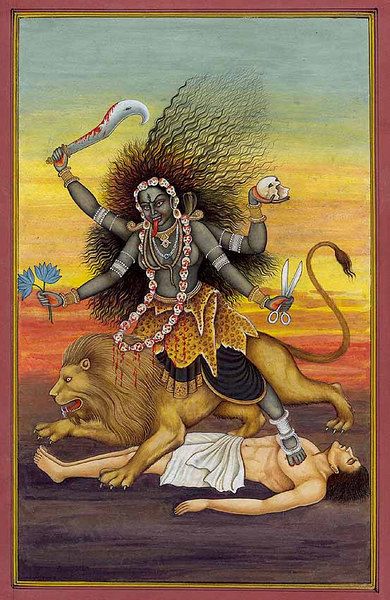
2.- Ekajata Tara
Another form is Ekajata Tara, who was revealed in India by the great sage Nagarjuna, after he adopted his form of worship from Tibet. Tradition states that this form of Tara originated in the Lake Chola region, situated in the neighborhood of the sacred Mount Meru.
However, at this point we should mention that although the pantheon of Tibetan Tantric Buddhism mentions different aspects of the goddess Tara, she is not revered as one of the ten Great Cosmic Forces in the Hindu Tantric tradition.
However, we note the existence of a group of female deities, somewhat resembling Tara. These manifest different paranormal abilities and offer spiritual and even material gifts to sincere believers.
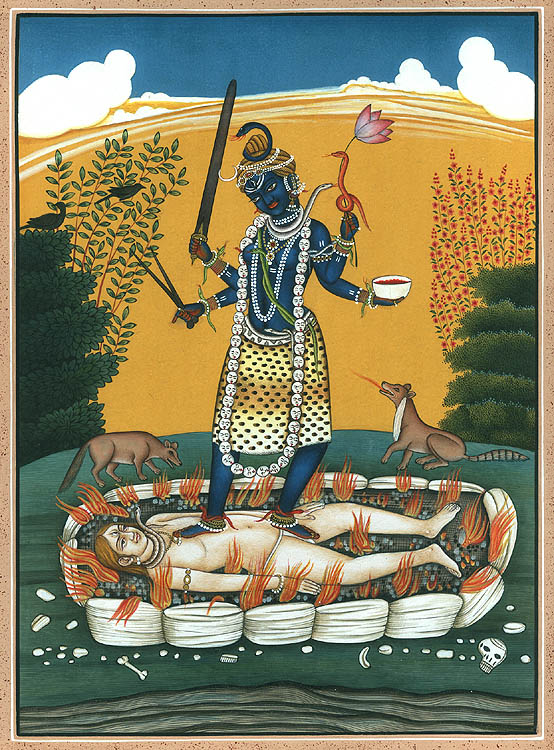
2.2- Characteristics of the Goddess Tara
One of the characteristics of these deities is the fact that they are images in which they can be seen mounted on an animal. Furthermore, they are always surrounded by various entities that serve them with devotion.
The full power of the subtle sound of the famous Tantrasara text describes Tara as resplendent and generous.
Among these gifts, the texts mention a deep knowledge of the mysteries of creation, a great poetic inspiration; material prosperity and success in one’s actions. Tara is known as the female counterpart of the great Buddha Avalokiteshvara.
In the tantric tradition, Tara greatly resembles another Great Cosmic Force, Kali. In fact, Tara represents the first transformation of time and energy of life.
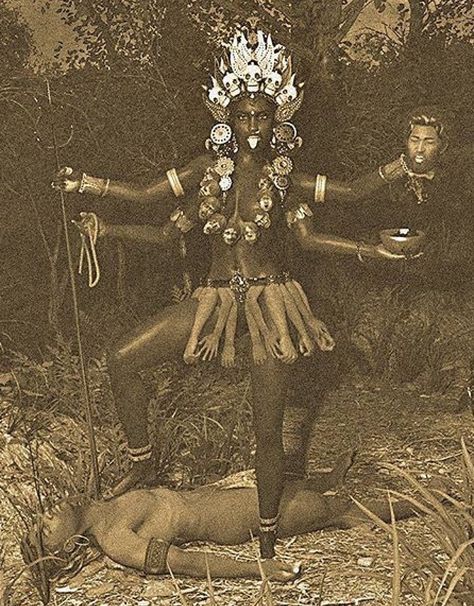
As the power of subtle sound, Tara also corresponds to Kali, who is The Great Cosmic Force of time and transformation. Between the word (logos) and time (change) there is a close interdependence. We can understand that the logos is like an awareness of time, and that time is nothing more than a “movement“.
2.3- Knowledge of the Mahavidya Tara
Essentially speaking, Tara (which is an infinite creative vibration), represents the foundation of the appearance and manifestation in different forms of the energy of time.
The word Tara means “the savior” and originates from the Sanskrit root “tri”, which refers to “pass”. In other words, overcome a difficult situation.
Tara represents the knowledge to overcome a difficult situation.
Therefore, we can say that the goddess Tara should be invoked in times of danger where we need immediate help; when we need to make a decision and we are not sure of the alternatives. On the other hand, from an esoteric perspective, Tara is the knowledge that saves us (from ignorance).
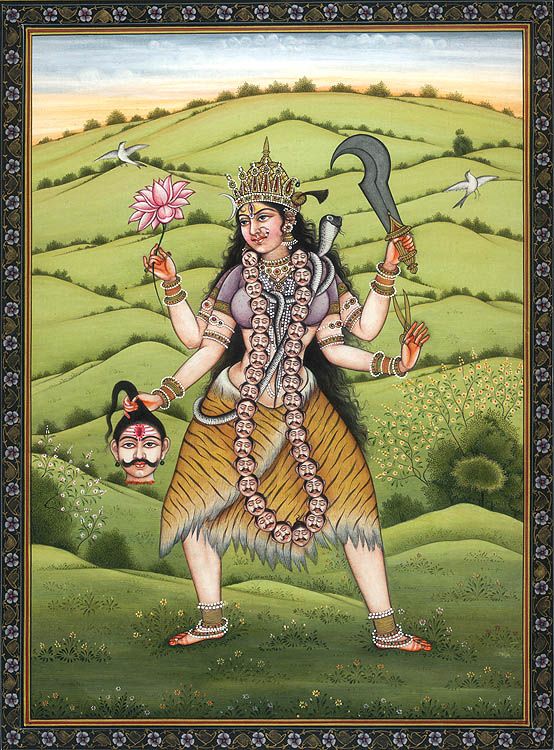
The deep meaning of the goddess Tara is that she offers her devotees the experience of continuous divine wisdom, thus freeing them from the chains of suffering and Samsara.
She is the polar star that guides us on the path of spiritual freedom. Another meaning of the word Tara is “star”, in the sense that this Great Cosmic Force is like a guide in our frantic aspiration towards God.
3. Durga Tara
Consequently, on the complex path of spiritual freedom, Tara is both our inspiration and our guide. One of his cosmic attributions is to save us or free us from the different problems that we have to face in life. She from this point of view is very similar to Durga, one of the hypostases of Kali.
Therefore, she sometimes goes by the name of Durga-Tara. However, while Durga means the power that destroys any obstacles, difficulties and negative forces that attack us, Tara makes us sublimate these aspects almost instantly and consequently successfully overcome them. In other words, Tara is the power that makes us transcend all the lower aspects of our life.
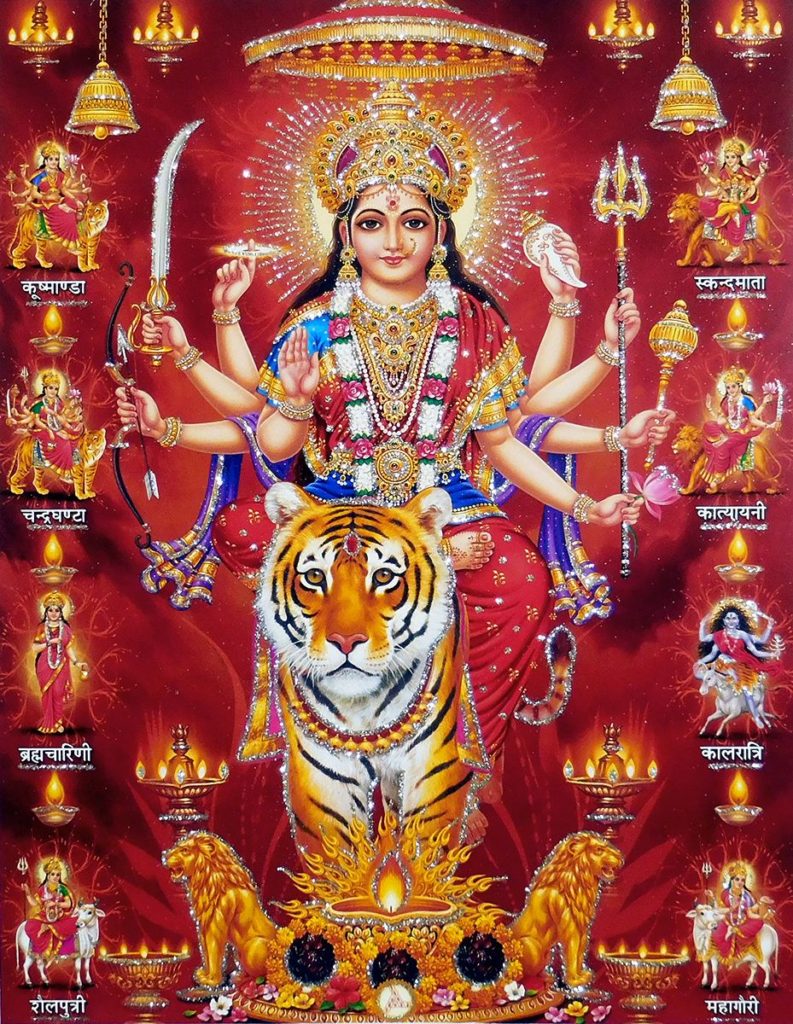
From this perspective, it not only saves us from imminent dangers, but also offers us the possibility of accessing higher and higher levels of spirituality.
Also, as the most difficult obstacle to overcome is our own mind, she helps us to go beyond her condition.
Trust this incense from our online store to be able to access higher spiritual levels with the help of the Goddess Tara.
3.1- The energy of Tara
This purely spiritual action of the Goddess is easy to understand if we note the fact that the mind, together with all its functions and with the subtle energies that it implies, represents only a part or a fragment of our being.
Tara is the gigantic and extremely subtle energy of unmanifested sound
Tara bestows efficiency on Tapas involving Mantras, as creation represents the modulation of infinite frequencies of vibration.
In this hypostasis, Tara contains within herself all existing sounds. For example, to be able to correctly use and assimilate the spiritual meaning of a Mantra, which synthesizes a very high macrocosmic aspect (and to be able to identify ourselves with the subtle energy of a Mantra), the grace of Tara is indispensable.
Tara’s help must be invoked with intense fervor and great aspiration. Sublime poetic inspiration and oratorical talent are the sign of the grace of this Great Cosmic Force. Tantric tradition states that the devotee of Tara will have extraordinary literary talents, being able to express ideas beyond the capabilities of any other man. Another important aspect regarding the action of Tara in our human microcosm is the fact that the goddess represents the force of breath that animates any living being.
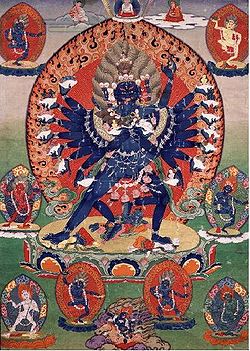
4.- Breathing is the main sound of life
Of course, in this hypostasis, the ether does not represent the scientific term of physics. Here, it represents much more, since it has a luminous nature, and it is the same space of consciousness from which all things, beings and forms of the manifested world appear and then disappear.
We say that breathing is the primordial sound of life because it is like a song that sustains life on this plane. The spiritual tradition of India has identified this sound since time immemorial as the mantra SO-HAM.
Both the mind and the Prana, through their particular forms of expression, the word and the energetic vibration, respectively, originate in the subtle macrocosmic sound (sabdha).
We can understand at this point the tremendous importance of the use of Mantras in our daily sadhana, as Mantras purify, energize and uplift the mind and soul to the highest degree.
The subtle macrocosmic sound (Sabdha) is represented through the Mantras.
The devotee who calls Tara with great love and reverence during this process of evolution and realization, of different psycho-mental aspects, will receive her compassionate guidance and ultimately the liberating grace of divine transcendence.
